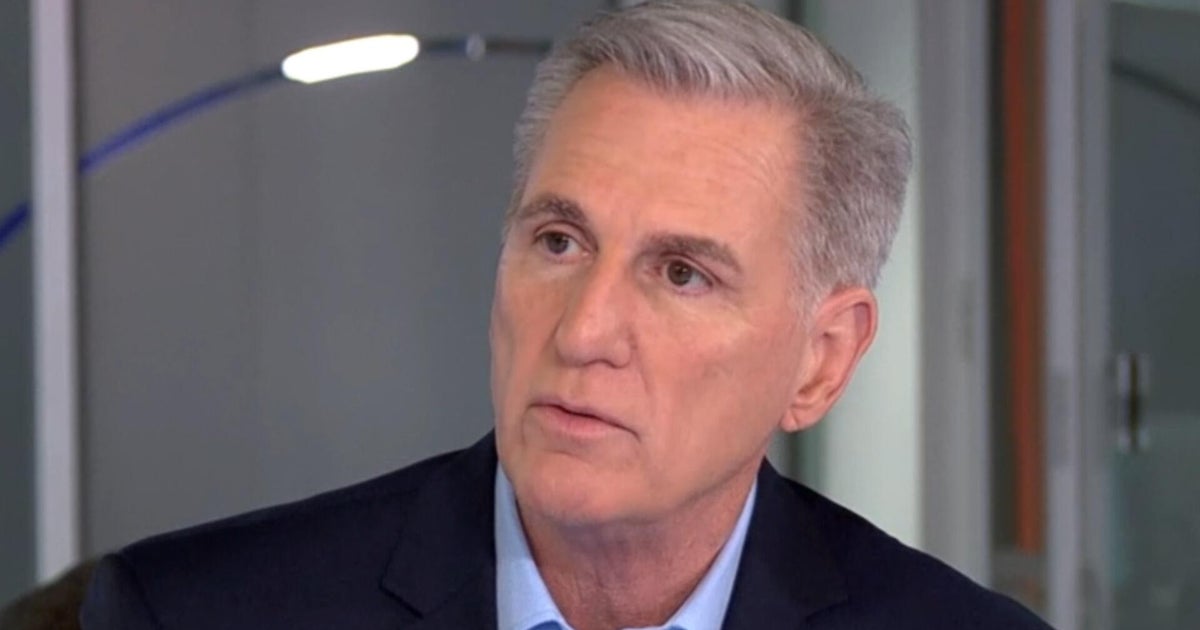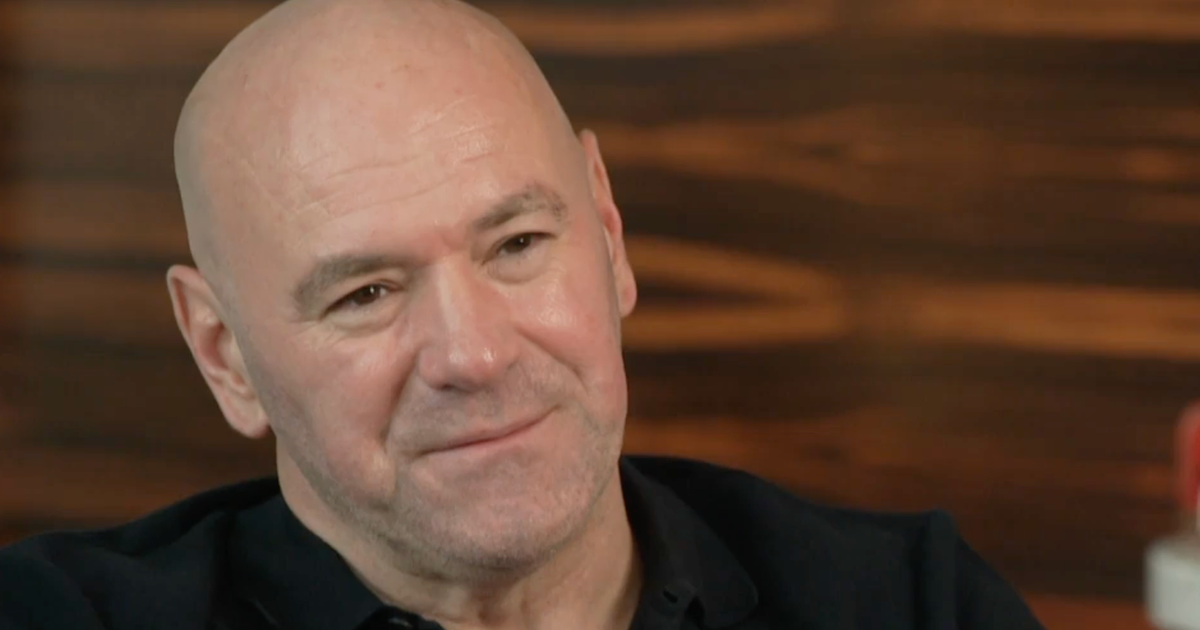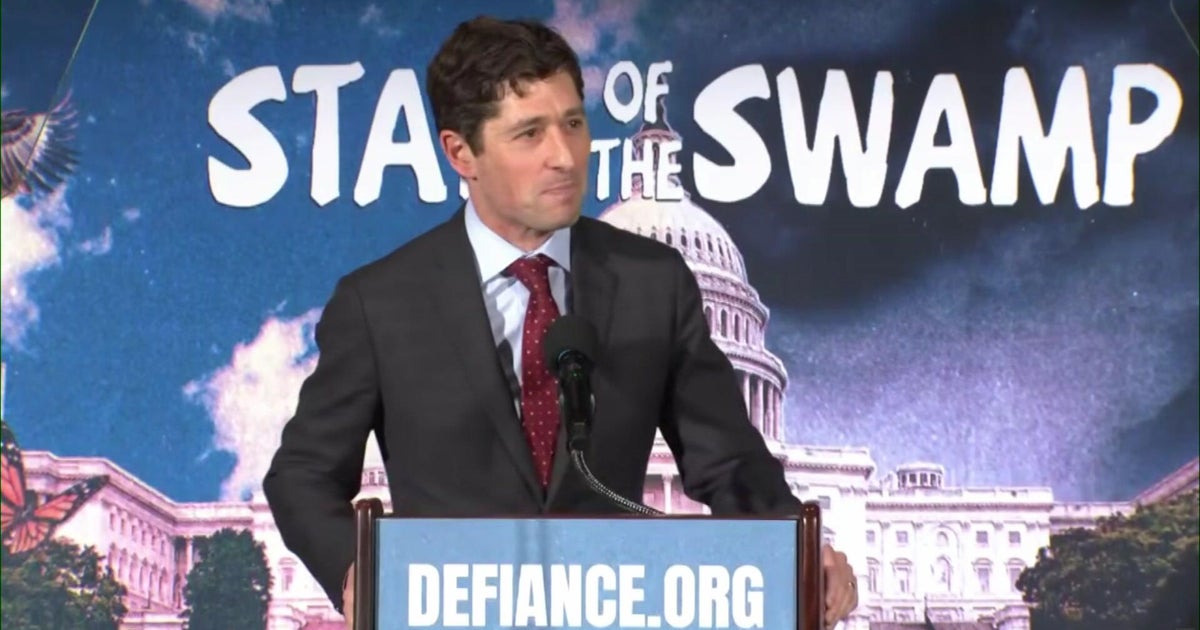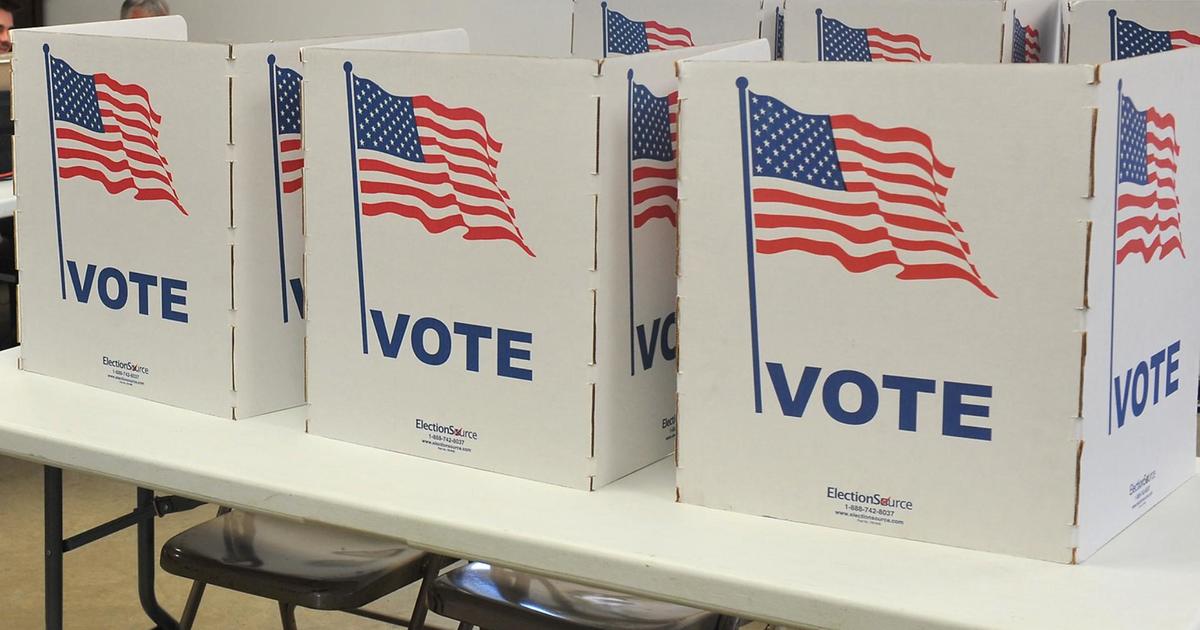West Ready To "Drive The Car" To Support Boehner
WASHINGTON (CBSMiami.com) – As the debt debate continues to expose cracks in the foundation of support for both parties, Republicans gathered behind closed-doors to try to create a sense of unity.
In order to achieve this unity, House Majority Whip Kevin McCarthy (R-CA) decided to play a clip from the move "The Town," according to the Washington Post.
The clip had a character telling his friend, "I need your help. I can't tell you what it is. You can never ask me about it later. And we're going to hurt some people." The other character replied, "Whose car are we gonna take?"
According to the Post, when the clip ended, Florida Representative Allen West said, "I'm ready to drive the car." His vocal support of a new plan by Speaker of the House Boehner surprised many of the gathered representatives, the Post reported.
West has previously said that he doesn't want to see the U.S. default, but that any bill that has any tax hikes in it, even for the wealthy, is a non-starter for him and he wouldn't support it.
West's intransigence is reflected by most of the freshman GOP lawmakers in Congress. But, it runs against public opinion, which according to the Post, stands at 68 percent of Americans saying lawmakers should compromise to strike a deal.
The Boehner plan was scuttled late Tuesday night after the non-partisan Congressional Budget Office sent back a score on the plan that Boehner was not happy seeing.
Still, despite West's support, other conservative House members, like Jim Jordan (R-Ohio) said enough Republicans are ready to oppose Boehner's plan to keep it from passing strictly on party lines. If that's true, Boehner will have to tailor his plan to appeal to enough Democrats to make up the difference.
But to this point, Boehner and other House Republicans have refused to compromise with Senate Democrats and the President to avoid a catastrophic default of the U.S. debt.
Boehner's plan is a two-step process that would raise the debt ceiling by a small amount now, and push a second vote on a larger debt ceiling hike to the middle of the 2012 presidential election.
Still, Boehner's two-step plan will not solve the immediate problem and will like result in credit-rating cut from the major ratings agencies.
President Barack Obama has offered steep cuts across the government in return for the debt ceiling hike. He also requested tax hikes on the wealthiest one percent of Americans and closing loopholes that could have generated roughly $1 trillion in new revenue.
But, Obama's tax hike proposal ran head-first into several pledges House Republicans have taken to refuse any tax rate increase for any reason. One of those pledges is from the tea party and one is from anti-tax leader Grover Norquist.
Senate Majority Leader Harry Reid (D-Nev) announced his own plan that would cut $2.7 trillion from the government bills, with a little less than half coming from the drawdown of the wars in Iraq and Afghanistan.
The wars in Afghanistan and Iraq have cost the American taxpayers roughly $1.226 trillion since 2001. More than $788 billion came from the Iraq War while more than $437 million comes from the Afghanistan war.
A further complicating factor for Boehner in the House is that some freshman indicated they'd only vote to raise the debt ceiling if Obama agrees to repeal health care legislation or sign a balanced budget amendment.
The House has previously passed a bill called "Cut, Cap, and Balance" that would have resulted in roughly 25 percent across the board cuts to every federal agency, according to multiple reports. The draconian cuts bill was rejected by the Senate and would have been vetoed by the President.
In the meantime, millions of Americans on Social Security continue to wonder when exactly they will get their monthly check starting August 3rd. There's been no word on how the White House will prioritize what payments are made if a deal isn't reached.
If the credit agencies downgrade the U.S.' credit rating, it could set off a chain-reaction starting with Wall Street starting a large sell-off. Plus, the cost to borrow money will jump, making companies even less likely to add new workers and perpetuating the jobs crisis.
But, the potential for a U.S. debt default has never been considered due to the United States' high-standing in the world. No one truly knows what will happen if the U.S. defaults on its debt, but based on the warnings put out by credit agencies, the International Monetary Fund, and others; it's not going to be pretty.







